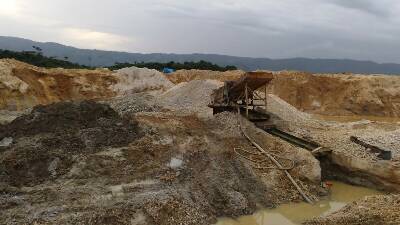À propos de FIAN
Nous nous engageons auprès de toutes les personnes – partout dans le monde – qui luttent pour éliminer la faim. À leurs côtés, nous nous efforçons de libérer le monde de toutes pratiques injustes et oppressives empêchant les communautés et les individus de se nourrir.




